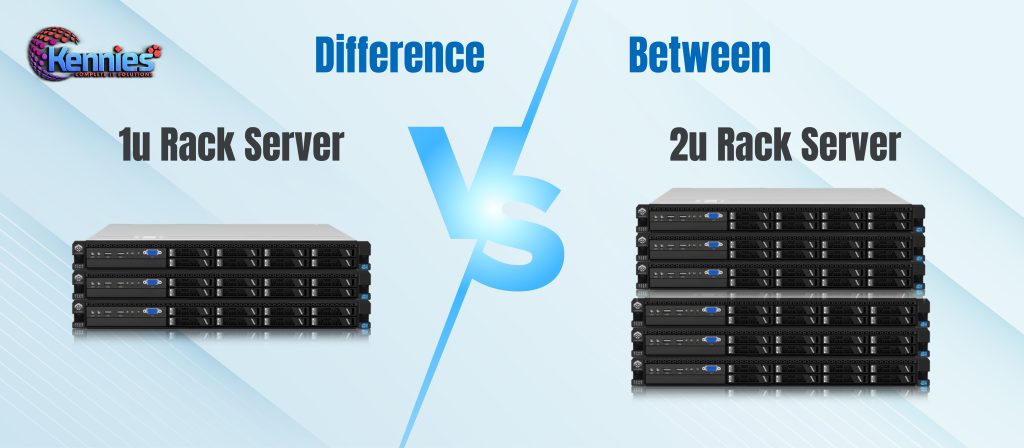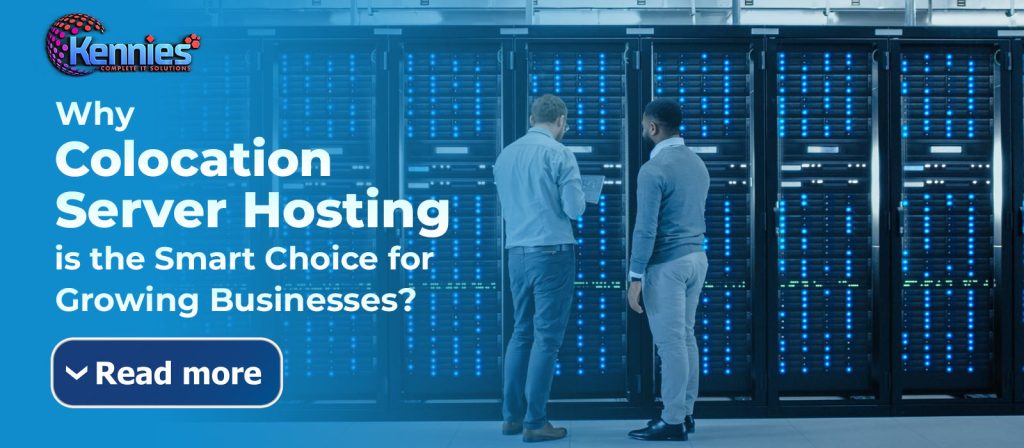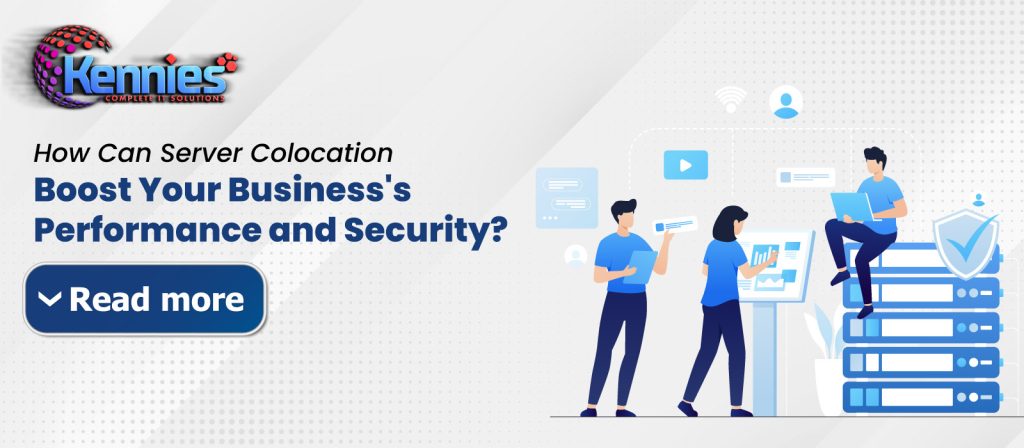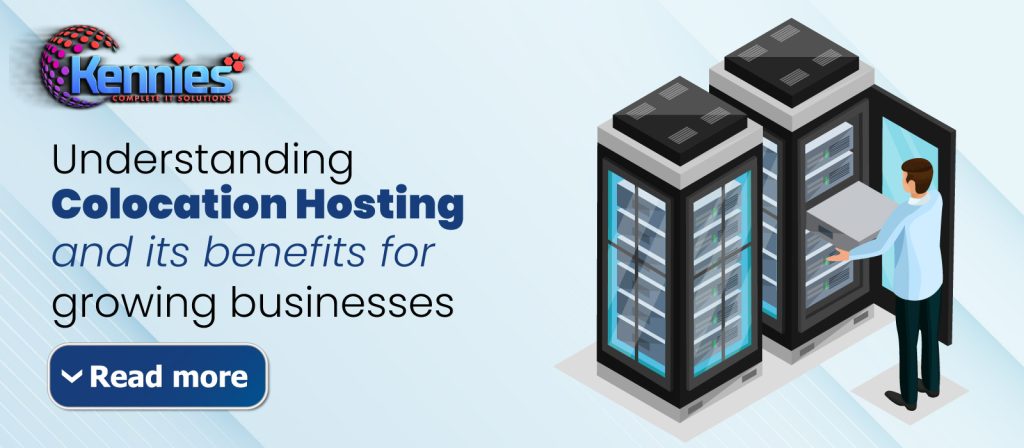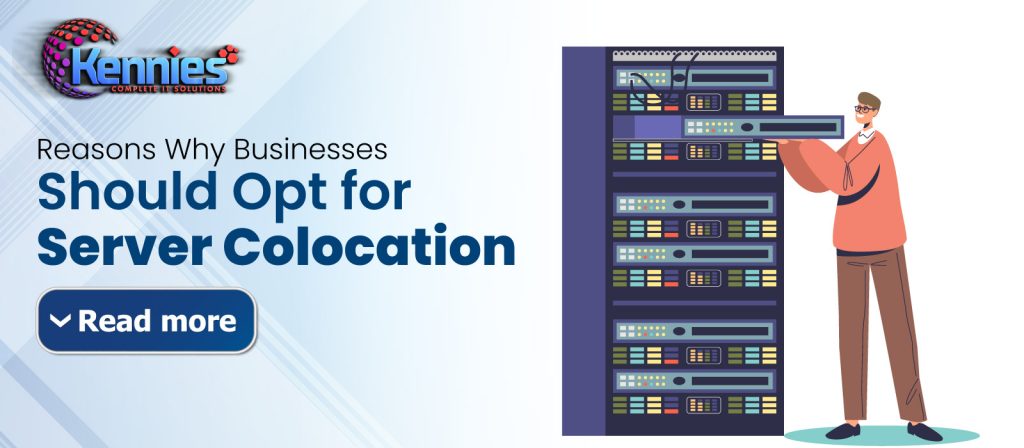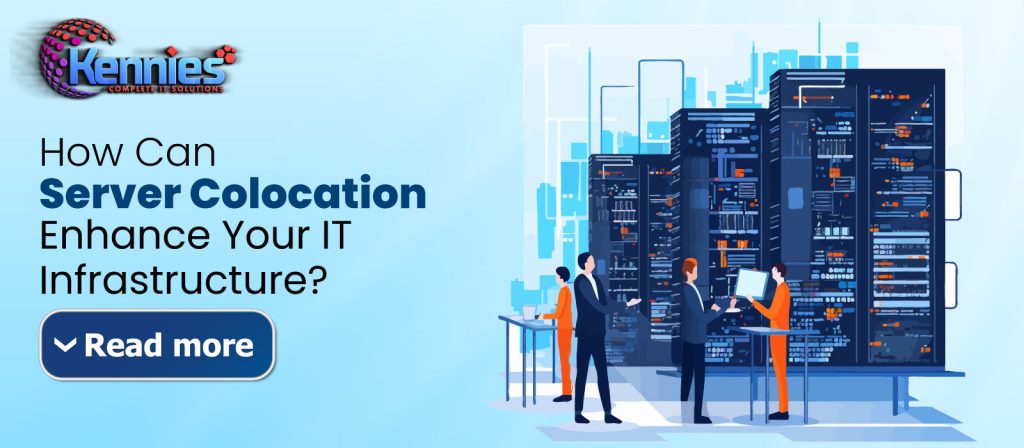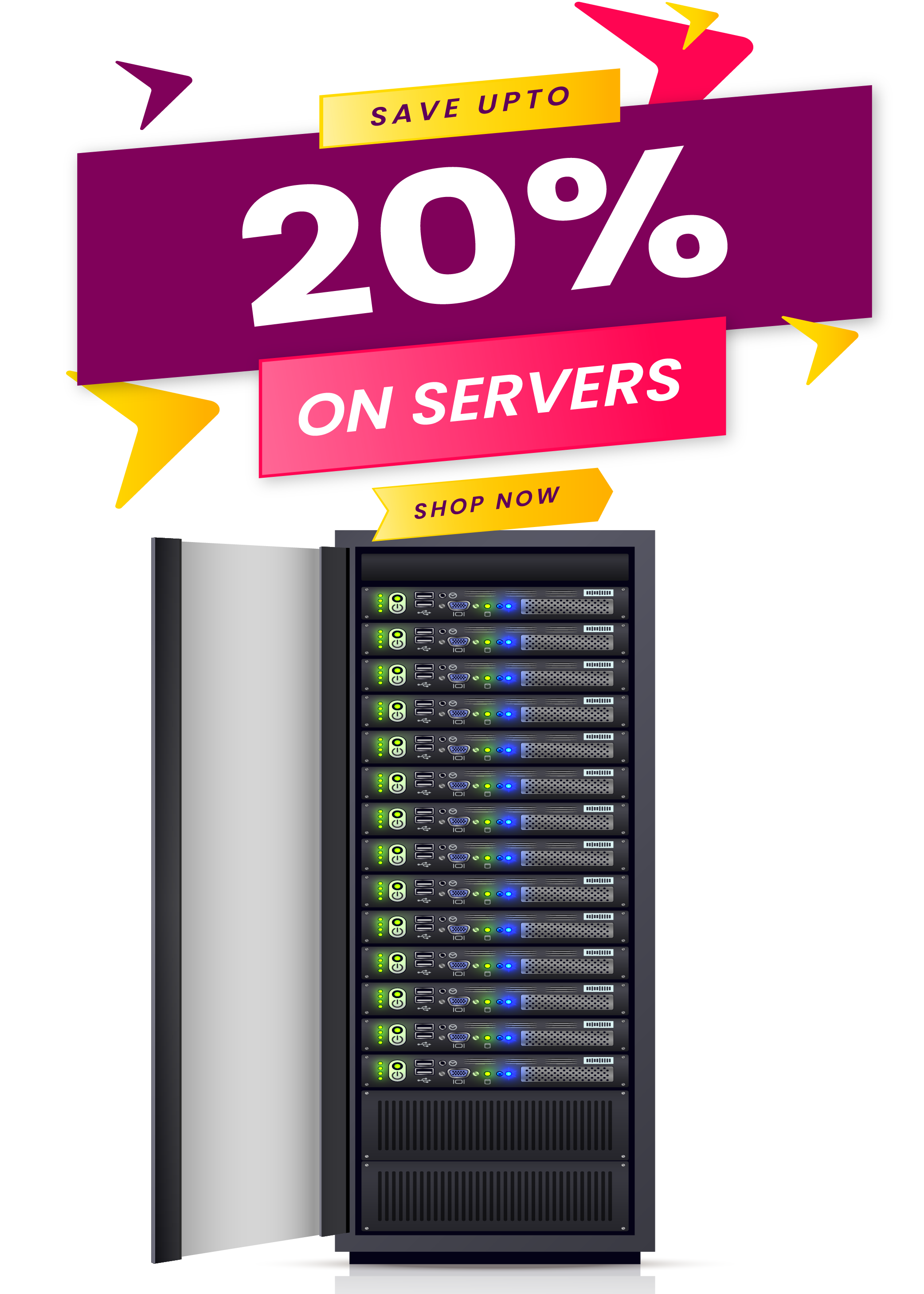
Jessi and Jake, co-founders of a tech startup, are sitting in their small conference room, filled with excitement. They’ve just secured their biggest project with a major company, and their vision of expansion is no longer far off. However, the moment they realized that they required a stable IT platform to support this new growth, the thrill of success started to get foggy.
With coffee cups and sketches of their ambitious plans scattered across whiteboards, the conversation shifts to a pivotal question: Should they invest in constructing their data centers or rent space in a nearby commercial data facility? It is an attractive thought to own a separate data center, gain complete control over the conditions, and have the opportunity to fine-tune it to match one’s needs. Yet, the practicality of leasing starts to emerge, offering cost efficiency, immediate scalability, and access to cutting-edge technology.
As they weigh their options, Jessi and Jake find themselves at a crossroads that many businesses face today. This decision not only impacts their current operations but also shapes the future of their company. Their journey serves as a reminder of the complexities involved in choosing the right infrastructure, highlighting the importance of aligning IT decisions with their broader goals and aspirations. Upon sincere contemplation, they concluded that leasing the data center infrastructure is beneficial for a startup or an SME in several ways.
Moreover, the decision to rent or own data center infrastructure is a critical one for businesses, as it is associated with cost-saving as well as with keeping updated, especially in an era where digital transformation is paramount. Understanding the benefits of rack space leasing compared to owning data center infrastructure can guide organizations in making informed choices that align with their operational needs and financial goals. In this article, we will delve into the details of the benefits associated with leasing a rack space over owning the data center infrastructure. So, without any further delay, let’s explore it further.
Decoding Rack Space Leasing
Rack space leasing means renting physical space within a data center for servers and other IT requirements. This model enables new businesses and SMEs to utilize the advantages of safe and managed space while avoiding the overhead costs of constructing and maintaining a dedicated data center. By leasing rack space, organizations acquire basic services necessary for efficient server operation and security, including power, cooling, and security. This model also has flexibility, as entities are free to expand or possess dynamic demands without the issue of ownership.
Moreover, rack space leasing involves strategic advantages in today’s fast-paced digital landscape. With the growing use of technology to fuel business growth, there must be an appropriate IT infrastructure. Leasing allows companies to stay current with the latest technology trends and innovations, as providers often upgrade their facilities and equipment regularly. This configuration not only addresses concerns related to threats and obsolescence but also provides peace of mind, knowing that expert support and maintenance are readily available. Lastly, leasing rack space is a viable method to help organizations get the most out of their IT needs without overburdening themselves with additional costs and issues.
Considerations while Renting a Rack Space
When considering rack space leasing, firms may come across a number of issues that should be reviewed. One is the level of flexibility that may lead to reduced control over physical resources and might pose some challenges to the organizations due to compliance or operational mandates. Therefore, it is always recommended that the reliability of the data center provider be evaluated and their compliance and security standards checked. Additionally, contracting a service provider brings about dependence on their efficiency level. Therefore, any problem at the data center is a problem for the business. Consequently, it becomes important to search for a good facility with a good track record.
Top 6 Benefits of Renting Rack Space
- Cost-Effectiveness
Renting rack space can effectively reduce capital expenditures. The costs, such as power resources, cooling systems, security services, and infrastructure maintenance costs, are shared, leading to lower individual costs. Thus, for many companies, renting is a more cost-effective solution rather than owning your own private data center.
- Scalability
Another main advantage of renting is the possibility of expanding the scale of operations rapidly. As businesses grow, they can easily add more racks or upgrade existing equipment without the need for substantial new investments or concerns about space limitations. The system must be flexible to be able to cope with today’s rapidly changing business environment.
- Access to Advanced Infrastructure
Professional data centers provide the best features as the buildings are designed to contain backup power generators, efficient air conditioning systems, and internet connectivity. These features help to maintain the right environment that allows the equipment to perform to the best of its capacity and with very little failure rate. On the other hand, when establishing a private data center, most of these technologies may have to be procured at a substantial cost.
- Enhanced Security
Facilities take strong precautions to shield the physical aspects of the data centers, such as access control, CCTV, and on-site personnel. This level of security can be difficult to achieve and expensive compared with the adoption of an owned facility.
- Focus on Core Business Activities
Through rack space leasing, IT departments can outsource data center management and dedicate their energy toward a company’s mission rather than worrying about the physical setup of a data center. It offers an opportunity to organize resources optimally.
- Reduced Risk of Downtime
Data centers are designed with redundancy in mind, minimizing the risk of downtime due to power failures or equipment malfunctions. They typically have backup power sources and multiple network connections in place. This level of reliability is often difficult for individual companies to achieve on their own.
What makes renting a better choice than owning data center infrastructure?
Renting data center infrastructure has numerous benefits that industry players find more appealing than having their own data center infrastructure. It comes with several benefits one being cost efficiency as renting lowers the initial capital outlay in procuring equipment and setting up infrastructure. This model allows businesses to allocate funds more strategically, investing in other critical areas of growth and development.
Another advantage of renting is flexibility and the ability to scale up or down the resources per the demand. There are great opportunities to quickly scale up or down resources to match, workload and, therefore, organizations also avoid the costs of acquiring real estate. This adaptability is particularly beneficial for startups and rapidly growing companies that may experience unpredictable demands.
At last, renting can promote better business continuity by having integrated disaster recovery and backup solutions, preventing harm from outages and failures. With predictable monthly costs, organizations can better manage their budgets while also benefiting from the geographic flexibility that rental services offer, allowing compliance with local regulations and improved user experience through reduced latency. All in all, leasing data center infrastructure helps companies stay agile and profitable in the modern competitive environment.
Renting vs. Owning a Data Center: A Comparative Analysis of Leasing Benefits
| Category | Rack Space Leasing | Owning Data Center Infrastructure |
| Cost Considerations | Lower initial investment; ongoing costs are predictable and shared among tenants. | High initial capital expenditure, ongoing maintenance and operational costs can be significant. |
| Scalability | Easily scalable; can add or upgrade resources quickly as business needs grow. | Scaling requires planning and additional investment, which can be time-consuming. |
| Access to Technology | Access to state-of-the-art infrastructure, including power, cooling, and connectivity. | Requires investment in building and maintaining technology infrastructure. |
| Security | Enhanced security measures provided by data centers, including surveillance and access controls. | Security is the responsibility of the organization, which may require significant investment. |
| Focus on Core Business | Allows IT teams to focus on core business activities rather than infrastructure management. | Requires management of physical infrastructure, which can divert attention from strategic initiatives. |
| Risk of Downtime | Data centers typically have redundancy measures in place to minimize downtime risks. | Downtime risks may be higher if redundancy measures are not effectively implemented. |
| Control and Customization | Less control over infrastructure; limited customization options based on provider offerings. | Full control over infrastructure allows for tailored configurations to meet specific needs. |
| Long-Term Commitment | Typically, it involves shorter-term contracts, providing flexibility to adapt to changing needs. | Long-term commitment is required, and less flexibility to adapt to changing business environments or needs. |
Conclusion
Ultimately, the decision regarding whether to lease or own data center infrastructure depends on many factors, such as financial factors, operation factors, and even future expansion projections. Organizations must identify existing and future needs and analyze all the possible consequences, advantages and disadvantages of every decision.
Especially in today’s business environment that calls for digital solutions, rack space leasing has been established to offer the requisite adaptability to organizations to meet the growing market needs. By leveraging the advantages of leased infrastructure, businesses can focus on what truly matters and thus can stay focused on fostering innovation and delivering exceptional value to their customers.
In conclusion, as organizations assess their IT infrastructure needs, understanding the implications of rack space leasing versus ownership can significantly influence their strategic direction. The right choice can not only optimize operational efficiency but also position a business for sustainable growth in an increasingly competitive landscape.




